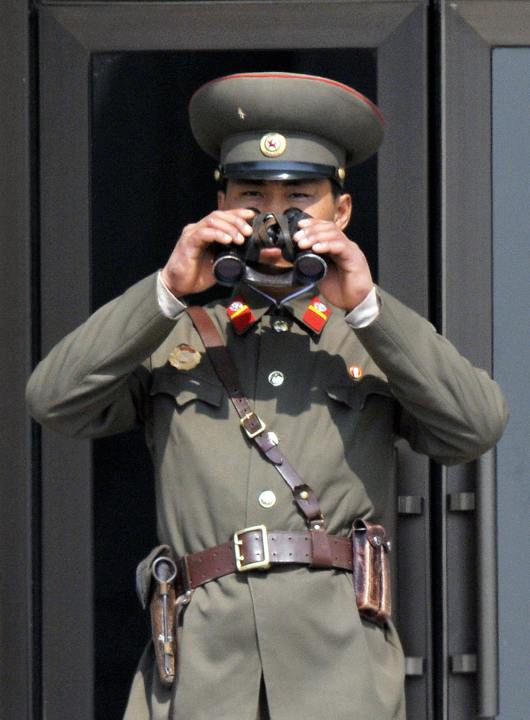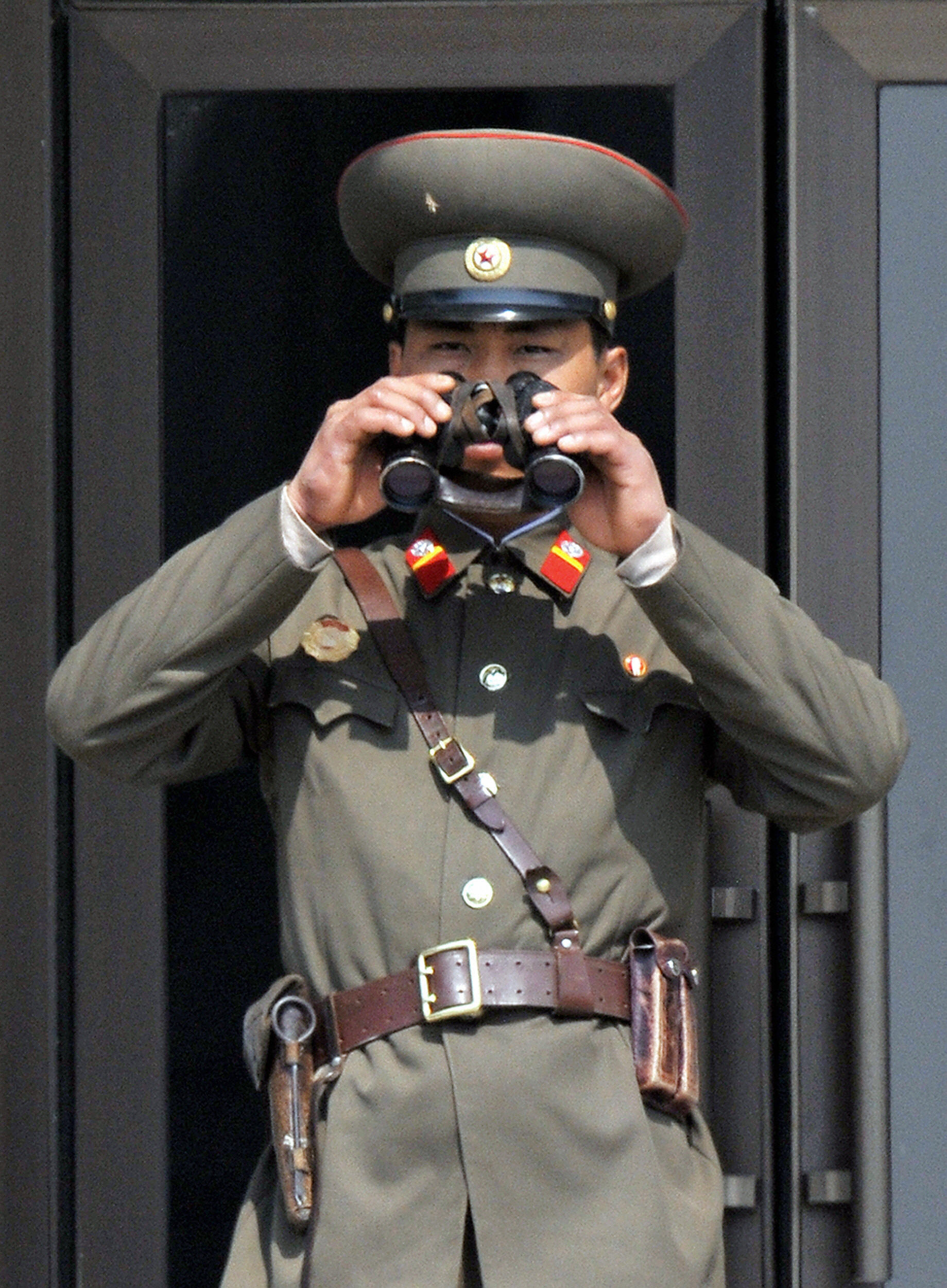 As North Korea continues to ratchet up the nuclear rhetoric, the US and its allies have publicly determined that ‘something must be done’. Barack Obama, in what is the first and most serious test of his Presidency, announced that the world must ‘stand up’ to North Korea.
As North Korea continues to ratchet up the nuclear rhetoric, the US and its allies have publicly determined that ‘something must be done’. Barack Obama, in what is the first and most serious test of his Presidency, announced that the world must ‘stand up’ to North Korea.
But behind the bluster from Pyongyang and Washington is a recognition on both sides that the opportunities for real action are very limited. For decades, as the North Koreans have developed their own nuclear weapon and then exported their technology to countries like Syria and Iran, the west has stood idly by, not least because they find out about new developments after they have happened.
With North Korea’s nuclear test earlier this week followed by a series of missile tests, there was foreknowledge but only because the North Koreans had let the South Koreans know that a test was imminent and the information had been passed to Washington. Usually, though, the North is not so accommodating and the lack of accurate intelligence about anything inside North Korea is going to provide a rude awakening for President Obama who will understand for the first time the real limitations of America’s intelligence apparatus.
The lack of insight into North Korea can be blamed on fear and South Korea. On the one hand, there is an extraordinary aversion to risk inside both the CIA and the NSA, a problem that has got much worse in recent years. This is matched by South Korea’s willingness to supply reams of data to their American allies and by so doing draw them into an ever closer embrace. For Washington, it is a seductive and easy solution that avoids all risk but it also means that the tail is constantly wagging the American dog with often false and self-serving intelligence.
The sad truth is that aside from what can be gleaned from satellites – and Pyongyang has a very good understanding of US capability in that area – America gets virtually no intelligence of value out of North Korea. The real state of the country’s nuclear program is a mystery – even the location of all their nuclear facilities is not known. The biggest mystery of all is who is currently running the country and whether or not there is a struggle to succeed President Kim Jong Il which has provoked the current round of sabre rattling.
The diplomatic and military challenge of North Korea and the lack of accurate intelligence available to Obama illustrate a much deeper malaise that has struck US intelligence in the last decade. While every bureaucracy has a natural aversion to risk, the US intelligence community has been broadly paralyzed by fear – not of death or injury but of exposure in the press. Starting with the debacle over the lack of weapons of mass destruction in Iraq, followed by the scandals of torture, rendition and illegal eavesdropping, covert operations have almost become a thing of the past.
Every proposal for new covert actions overseas are measured not so much by a cost benefit analysis for the nation’s security but by the risk of any part of the chain of command being written up in the Washington Post or the New York Times. As a result, nothing is being done, not least in North Korea.







Comments